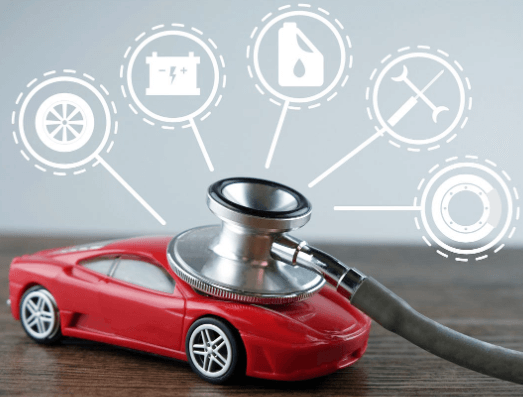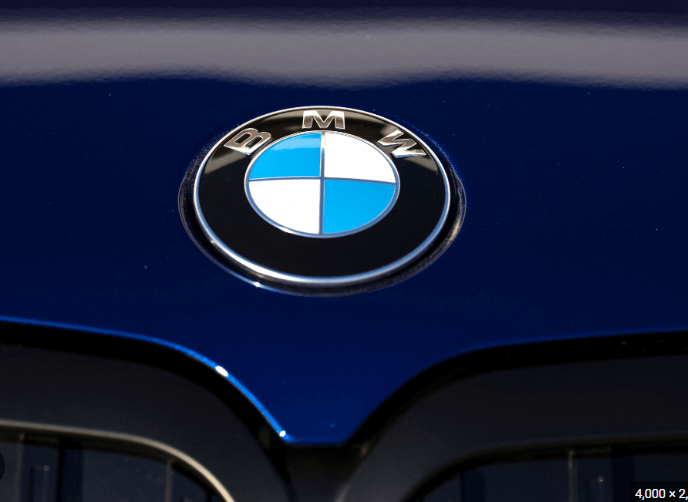Even when you are driving a fuel-efficient car, you are not safe from excessive fuel consumption. In that case, you want to know: What can increase your fuel consumption? There are quite a lot of factors that can contribute to increased fuel consumption, which can cause strain on your pocket. Then, join me on this journey while I highlight these factors to save you from spending a fortune on fuel consumption.
In this post, I will analyse factors that contribute to fuel consumption. You will learn how to control yourself while driving to save on fuel consumption. You will also learn what to do to mechanically reduce file consumption in a car.
If this sounds so interesting and you want to learn more about it, stay with me while I dig deep into it.
What can increase your fuel consumption?
The use of air conditioners can increase your fuel consumption. Other fuel consumption agents include traffic jams, driving style, improper tyre pressure, high-speed limits, cluttering your car with loads, and a lack of regular maintenance. If you can stay away from these, you will spend less on fuel.
When you notice that your car’s fuel consumption is on the rise, you might not feel so comfortable about it because more fuel means more money. Therefore, you will need to find out what might be the cause. So, do not worry yourself, as the solution is near, because there are simple changes you can make to increase your fuel efficiency. Let me take you on an exploration of some key factors that can impact your car’s fuel consumption.
1. Air-Condition Usage:
While enjoying a comfortable ride with the air conditioner on can be tempting, excessive use can significantly increase your fuel consumption. Instead, consider using the air conditioner sparingly and opt for natural ventilation whenever possible. Open your car windows to enjoy fresh air while driving. Remember to make it cool, but not too cool, because of Your wallet and the environment
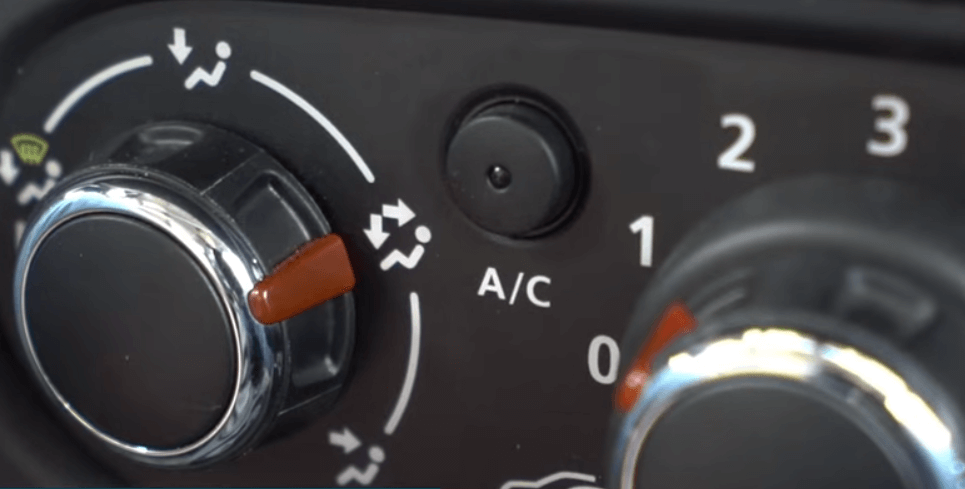
2. Long Stuck in Road Traffic
Patience is a virtue, especially for your fuel tank. Being stuck in traffic is no one’s idea of a good time, and it can wreak havoc on your fuel efficiency. The constant stop-and-go motion burns more petrol than smooth, continuous driving. To avoid this, consider alternative routes, use traffic apps, and plan your journeys during off-peak hours to avoid unnecessary delays.
3. Aggressive Driving Habit
You need to learn to slow down and drive conservatively. If you’re prone to speeding and abrupt stops, you’re not just risking a ticket; you’re also guzzling more petrol than necessary. Adopting a more conservative driving style by slowing down gradually and avoiding sudden accelerations can significantly improve your fuel efficiency.
4. Improper Tyre Pressure
Check your tyres regularly and keep them pumped up to the recommended pressure levels. Under-inflated tyres create more rolling resistance, forcing your engine to work harder and consume more fuel. Regularly check your tyre pressure to ensure they are in top shape and your fuel consumption stays in check.
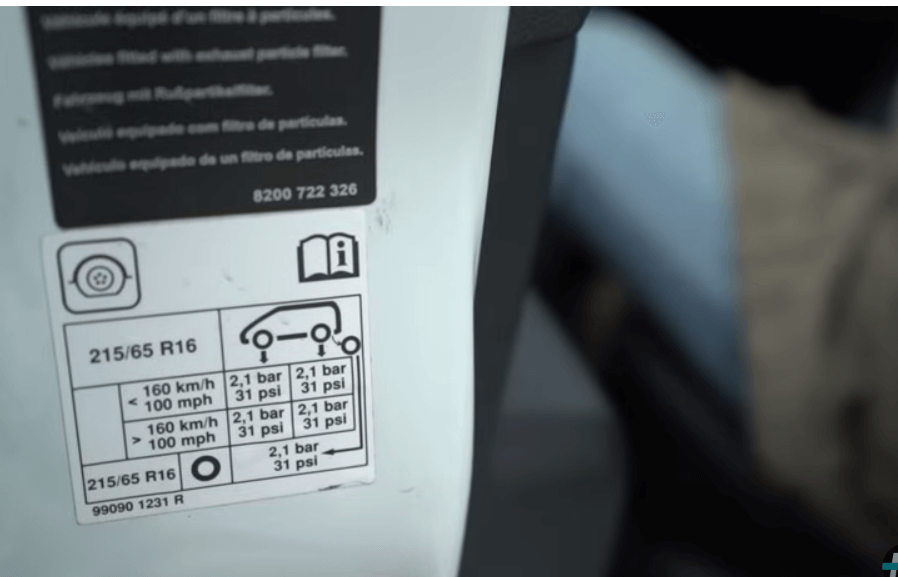
5. High Speed
Driving at high speeds not only endangers you and others on the road but also burns more fuel. so, slow down for savings. Stick to speed limits and embrace a more leisurely pace. You’ll not only be safer, but your wallet will also appreciate the savings on petrol.
6. Car Overload
Remove excess weight. Carrying unnecessary weight in your vehicle puts additional strain on your engine, leading to increased fuel consumption. Remove excess items from your car, and you’ll be lightening the load on your petrol expenses.
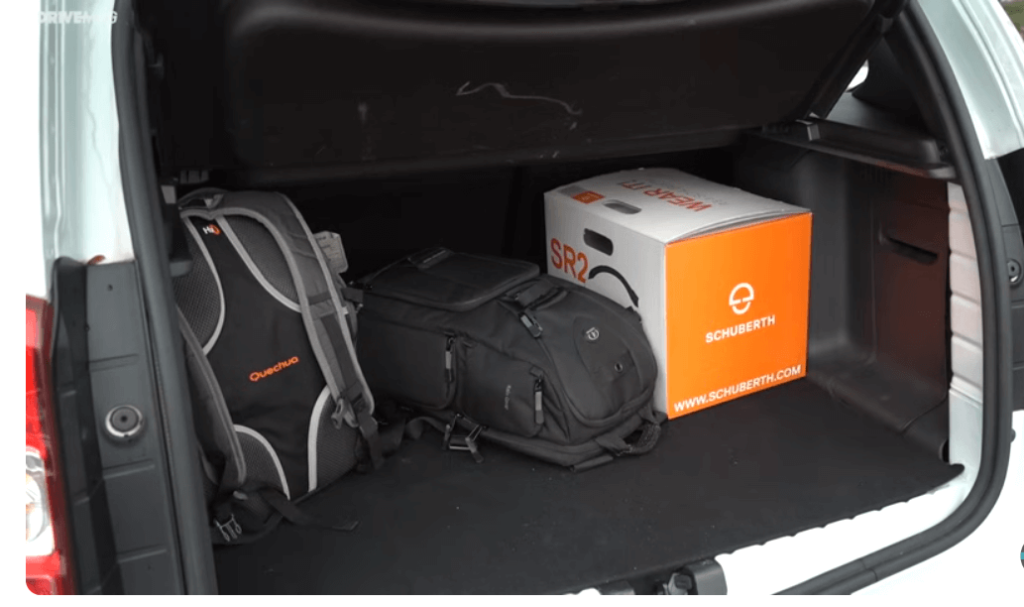
7. Lack of Proper Car Maintenance
Regular maintenance is key to keeping your car in top shape and optimizing fuel efficiency. Check your engine, change the oil on time (and avoid poor-quality engine oil), and pay attention to details like corroded battery cables. A well-maintained car not only performs better but also consumes less petrol.
In conclusion, making a few adjustments to your driving habits and giving your car the TLC it deserves can go a long way toward improving fuel efficiency. Keep these tips in mind, and you’ll be amazed at how much fuel you can save while enjoying a smoother ride.
How to mechanically reduce fuel consumption in cars
Dear Reader, if you are combating an increase in fuel consumption, you need to know how to reduce fuel consumption in cars. In this guide, I’ll take you through practical and mechanical ways to reduce fuel consumption, helping both your wallet and the environment.
1. Regular Maintenance Checks
One of the simplest yet often overlooked methods to reduce fuel consumption is maintaining your vehicle in top-notch condition. Regular tune-ups, oil changes, and air filter replacements keep your car running efficiently and ensure it burns fuel more effectively.
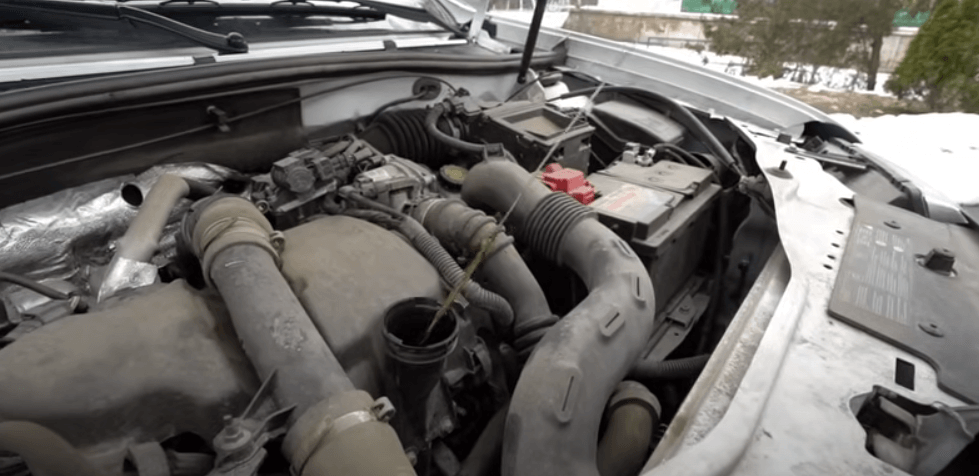
2. Proper tyre Maintenance
Believe it or not, your tyres play a crucial role in your vehicle’s fuel efficiency. Under-inflated tyres create more rolling resistance, forcing your engine to work harder and consuming more fuel. Keep those tyres properly inflated to glide smoothly and reduce fuel consumption.
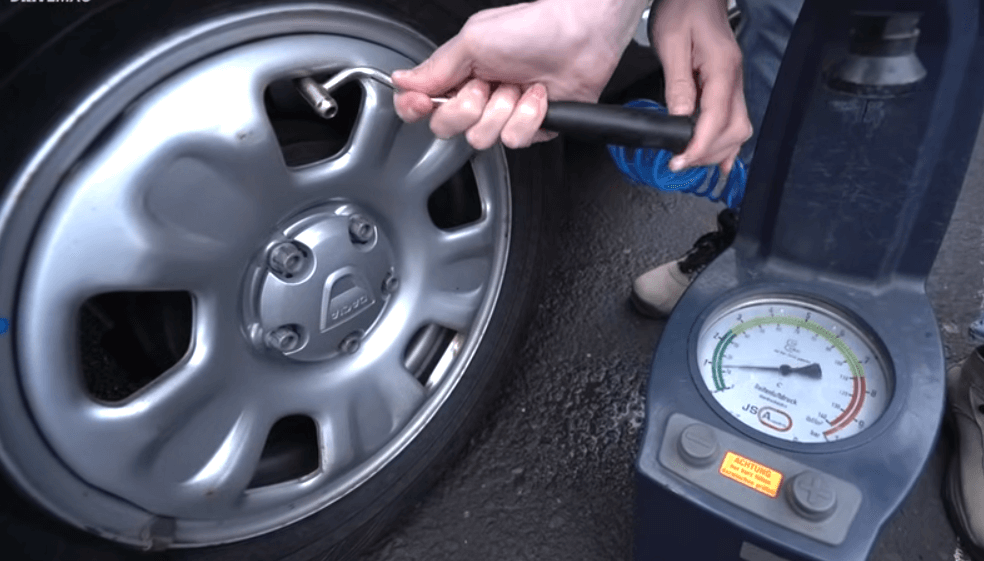
3. Lighten the Load
It’s time to declutter your car! Carrying unnecessary weight adds strain to your engine, leading to increased fuel consumption. Remove excess items from your trunk and enjoy a lighter, more fuel-efficient ride.
4. Aerodynamic Enhancements
Consider making your vehicle more aerodynamic to cut through the air with less resistance. Add-ons like wind deflectors and streamlined attachments can reduce drag, ultimately improving your car’s fuel efficiency.
5. Fuel-Efficient Driving Habits
Your driving habits have a significant impact on fuel consumption. Practice smooth acceleration and deceleration, avoiding sudden stops and starts. Driving at a consistent speed on highways can also contribute to a more efficient fuel burn.
6. Invest in Fuel-Efficient Technologies
Explore modern technologies designed to enhance your vehicle’s fuel efficiency. Upgrading to a more efficient fuel injection system, installing a high-quality air intake system, or opting for advanced engine management systems can significantly reduce fuel consumption.
7. Optimize Engine Performance
Ensure that your engine operates at its peak performance by scheduling regular check-ups. A well-maintained engine burns fuel more efficiently, providing you with better mileage and reduced fuel consumption.
8. Consider Alternative Fuels
Explore alternative fuel options, such as biofuels or hybrid technologies, to reduce your dependence on traditional gasoline. These options will not only cut down on fuel consumption but also contribute to a greener and more sustainable driving experience.
9. Use the Right Engine Oil
Choose the right type of engine oil for your car. Using the recommended oil can reduce friction and improve the overall efficiency of your engine, leading to better fuel consumption.
10. Optimal Speeds on Highways
Maintaining a steady speed on highways can significantly improve fuel efficiency. Avoid unnecessary speed and use cruise control when appropriate to ensure your car operates at its most fuel-efficient levels.
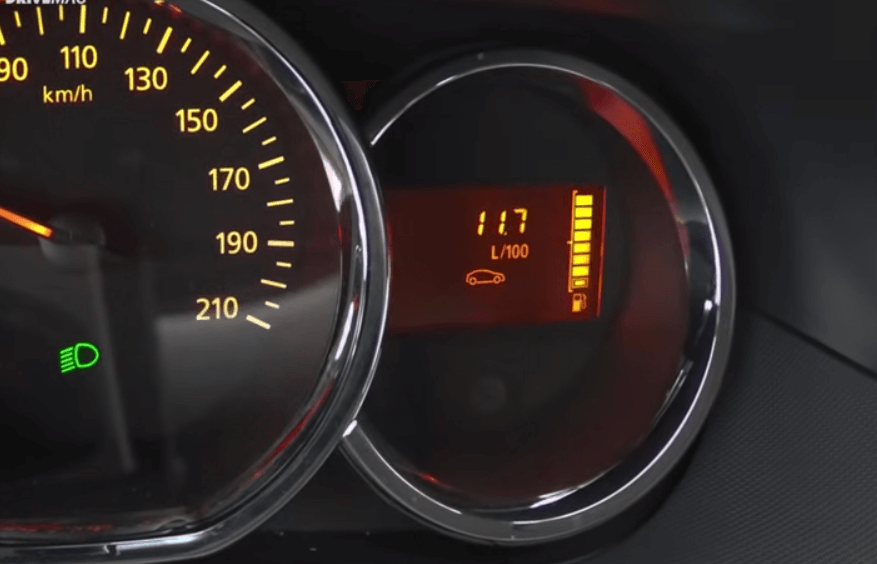
11. Air Conditioning Usage
While it’s tempting to blast the air conditioning on hot days, it can increase fuel consumption. Use your car’s AC judiciously, and consider using the vehicle’s ventilation system when possible to save on gasoline.
12. Plan Your Trips
Combine errands and plan your routes efficiently. This reduces the need for multiple short trips, where your car is less fuel-efficient during the warm-up phase. Planning can positively impact your car’s fuel efficiency.
You can also read: Why does my fuel range keep dropping?-13 Top Basic Reasons
You’ve learned what can increase fuel consumption and the secrets to mechanically reducing fuel consumption in your vehicle. By incorporating these tips into your routine, you’ll not only save on fuel costs but also contribute to a more efficient and eco-friendly driving experience. So, start implementing these changes today and watch as your car becomes a beacon of fuel efficiency on the road. Engage with my blog for more information on auto-season maintenance and other related car maintenance issues. Share your thoughts in the comment section below.

With Over 7 years of experience dealing with car owners as a car lease agent, I have gained matchless car knowledge to help every car owner know what exactly is wrong with their cars.


